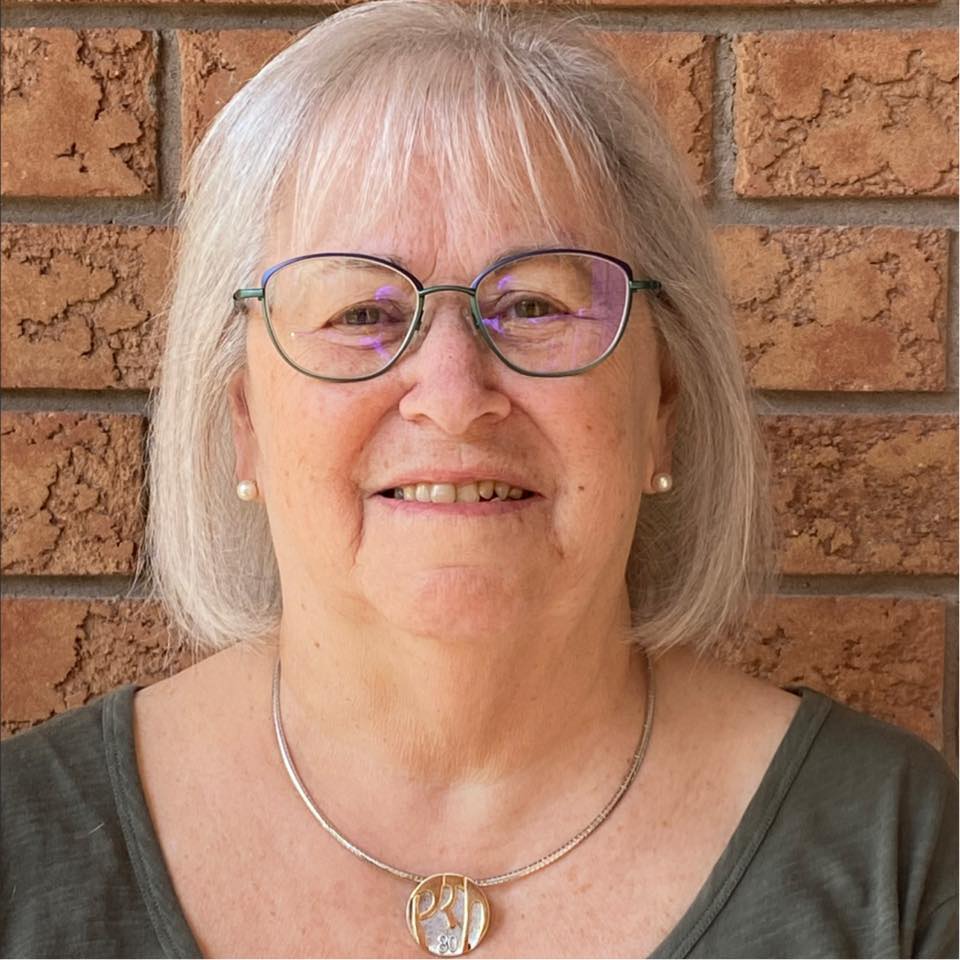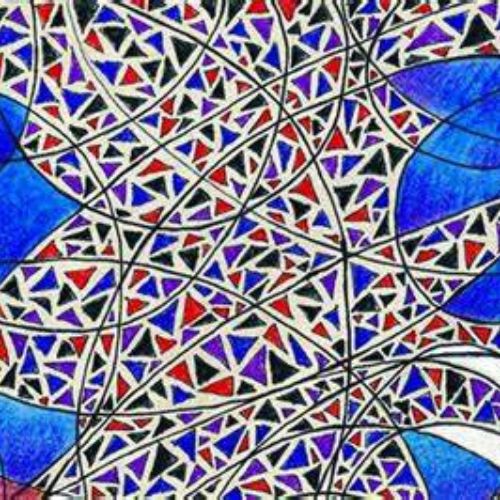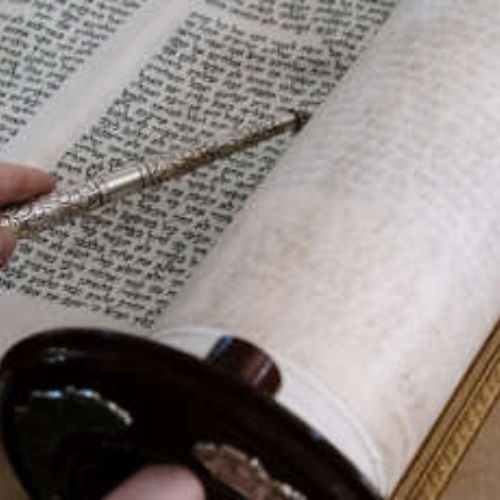 By Doreen Bornfreund, WLCJ International Vice President and Membership Chair
By Doreen Bornfreund, WLCJ International Vice President and Membership Chair
Achrei Mot-Kedoshim – Leviticus 16:1–19:2
Last year when this parashah, Achrei Mot – meaning “after the death of” – appeared on the date of Sisterhood Shabbat at my shul, I was dismayed. I had volunteered to do the D’var Torah on this occasion. Once I read the parashah, I could not find even one word to base my words on. This was to be my very first time standing before the congregation, providing the D’var Torah.
 Background on my writing Divrei Torah: At my very first WLCJ Convention in 2004, I attended as a Sisterhood President. As such, I went to as many sessions as possible that had to do with this position, which meant, that I skipped the session titled “Writing a D’var Torah.” Needless to say, later in my journey through the ranks of Women’s League, I rued the day I skipped that session.
Background on my writing Divrei Torah: At my very first WLCJ Convention in 2004, I attended as a Sisterhood President. As such, I went to as many sessions as possible that had to do with this position, which meant, that I skipped the session titled “Writing a D’var Torah.” Needless to say, later in my journey through the ranks of Women’s League, I rued the day I skipped that session.
For many years, I relied on the booklet provided by Women’s League for Divrei to lead off a board or program meeting. It wasn’t until the pandemic and learning with our Rabbi Ellen and Rabbi Margie that I was apprised of the fact that you could base your presentation on just one word of the parashah and personalize it. With this new knowledge, I gathered my courage, and I volunteered on some Fridays at Makom B’Yachad to teach on the topic of that week’s parashah.
I found that I enjoyed doing the research and expounding on the ideas that I found. Then, in a moment of madness, I accepted a position on Women’s League Executive Board. Along with the title of Vice President, I became Membership Chair with a membership team of 15 women and the role to mentor the 13 Region Membership Vice Presidents. This meant a meeting once a month – a meeting which should begin with a D’var Torah. Oy vey! So, I started writing my own 5-minute, 500-word personalized D’var Torah. I’ve been doing this now for a year and three-quarters.
 When I noticed that no one had volunteered to write the Shabbat Message for this parashah, it popped into my head to share that learning and gaining the ability to write a D’var Torah had just prepared me, and had just enabled me, to have the confidence to write a eulogy for my brother z’l and, even in mourning, stand before our family and friends, to deliver it. “After the death of” took on new meaning for me.
When I noticed that no one had volunteered to write the Shabbat Message for this parashah, it popped into my head to share that learning and gaining the ability to write a D’var Torah had just prepared me, and had just enabled me, to have the confidence to write a eulogy for my brother z’l and, even in mourning, stand before our family and friends, to deliver it. “After the death of” took on new meaning for me.
In Kedoshim is the declaration which Rabbi Akiva called a primal principle of Torah, and of which Hillel said, “This is the entire Torah, the rest is commentary: Love your neighbor as Yourself.”
I read this as, care for your fellow man/woman as you, yourself, would want to be treated. I wrote something in the eulogy that refers to this: “Ten years between our ages – makes a difference – some years we were very close, other years, not so much. But always we knew that the other was there, if needed. As stubborn as he was, I could be his match, but I always backed down. It wasn’t worth it. He was my only brother. I never wanted to lose him.” In other words, “I loved him as myself.”
These two combined parshiyot suddenly speak to me in a way that I never envisioned before. Little did I know 30 years ago that being told of the importance of learning to write, and deliver, a D’var Torah would be advantageous to me in such a way. You know the phrase, “What you do in Vegas – stays in Vegas?” Well, I say: “What you learn in WL – Stands You in Good Stead” in all aspects of your life! Yet another reason to belong to WLCJ and take advantage of the resources provided to us.
Shabbat Shalom,
Doreen Bornfreund
WLCJ International Vice President and Membership Chair
dbornfreund@wlcj.org












